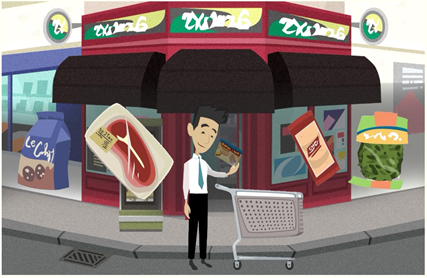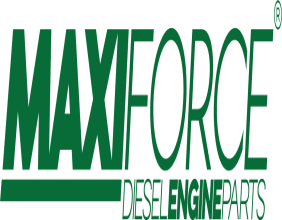Source: Thomas Lotter, Shutterstock
Summary
- The HMRC data has found that chocolate, cheese, and whiskey makers had to bear the maximum post-Brexit losses in the food sector.
- The data showed that the export of items like beef and salmon declined 92% and 98%, respectively.
- January cheese exports in January fell to £7 million year-on-year from £45 million.
Days after government data showed that British exports to the EU fell by 40.7 per cent in January, a fresh set of data highlighted that chocolate, cheese, and whiskey makers had to bear the maximum post-Brexit losses from the food sector.
The latest figures corroborate fears that Brexit coupled with the Covid-19 pandemic, have battered the agri-food sector. The Brexit mandated new rules for health certificates, and more checks have given rise to a trade barrier.
Data from HMRC analysed by the Food and Drink Federation showed that export of items like beef and salmon declined 92 per cent and 98 per cent, respectively. However, in terms of value, they were the fourth and seventh largest losers.
Also read: Brexit Woes: Exports to UK From Europe Sank by Record 27.4% In January
According to the data, January cheese exports fell to £7 million year-on-year from £45 million. Whisky exports plummeted to £40 million from £105 million. Chocolate exports in January fell 68 per cent to £13 million from £41.4 million. Fish trade dropped 79 per cent due to the export of certain kinds of fish being banned.

Copyright © 2021 Kalkine Media Pty Ltd.
A look at two of the biggest food stocks listed on the London Stock Exchange:
Associated British Foods (LON:ABF)
Recently, the food processing and retailing company said that for the first six months of 2021, the company was expecting profits and revenues to be more than what it was in the same period a year ago in all its sugar, grocery, and agriculture and ingredients businesses.
Also read: AB Foods (LON:ABF) revenue fell with Primark sales down 30 per cent
The company said that it was expecting sales from Primark in the first half to come in at £2.2 billion, and the adjusted operating profit would be a little over breakeven. The company estimated that the loss from sales during store closures would be around £1.1 billion.
The shares of the company, which has a market capitalisation of £18,968.51 million, were trading at GBX 2,374, down by 0.92 per cent on 23 March at 08:57 GMT+1. The FTSE100 was down 0.19 per cent at 6,714.81.
Tate & Lyle Plc (LON:TATE)
The company is a supplier of food and beverages ingredients. For the three-month period ending 31 December 2020, the company’s group revenue was 8 per cent more than what it was in the same period a year ago.
The company said that for the year ending 31 March, the company’s profit before tax is expected to be more than a year ago, benefitting from higher yearly commodities profits and continued uptick in the food and beverages vertical.
The shares of the company were trading at GBX 767.60, up by 0.97 per cent on 23 March at 09:23 GMT+1. The company had a market capitalisation of £3,560.97 million. The FTSE 250 was down 0.44 per cent at 21,362.11.




